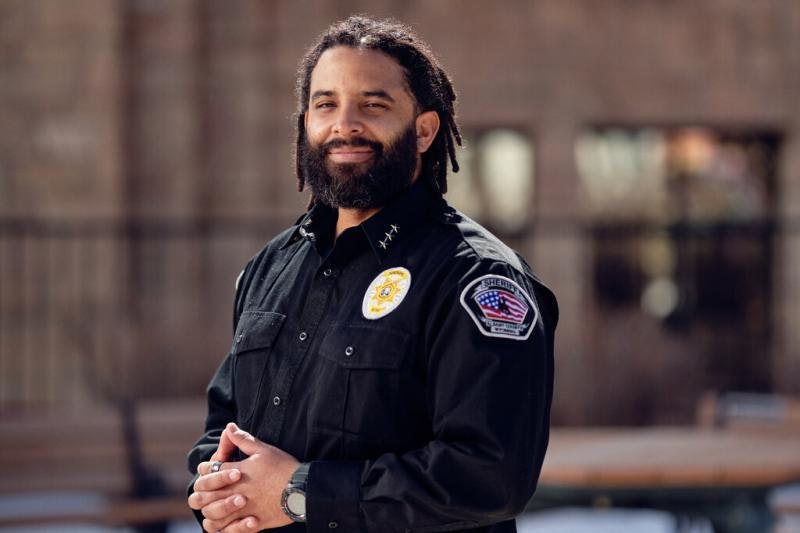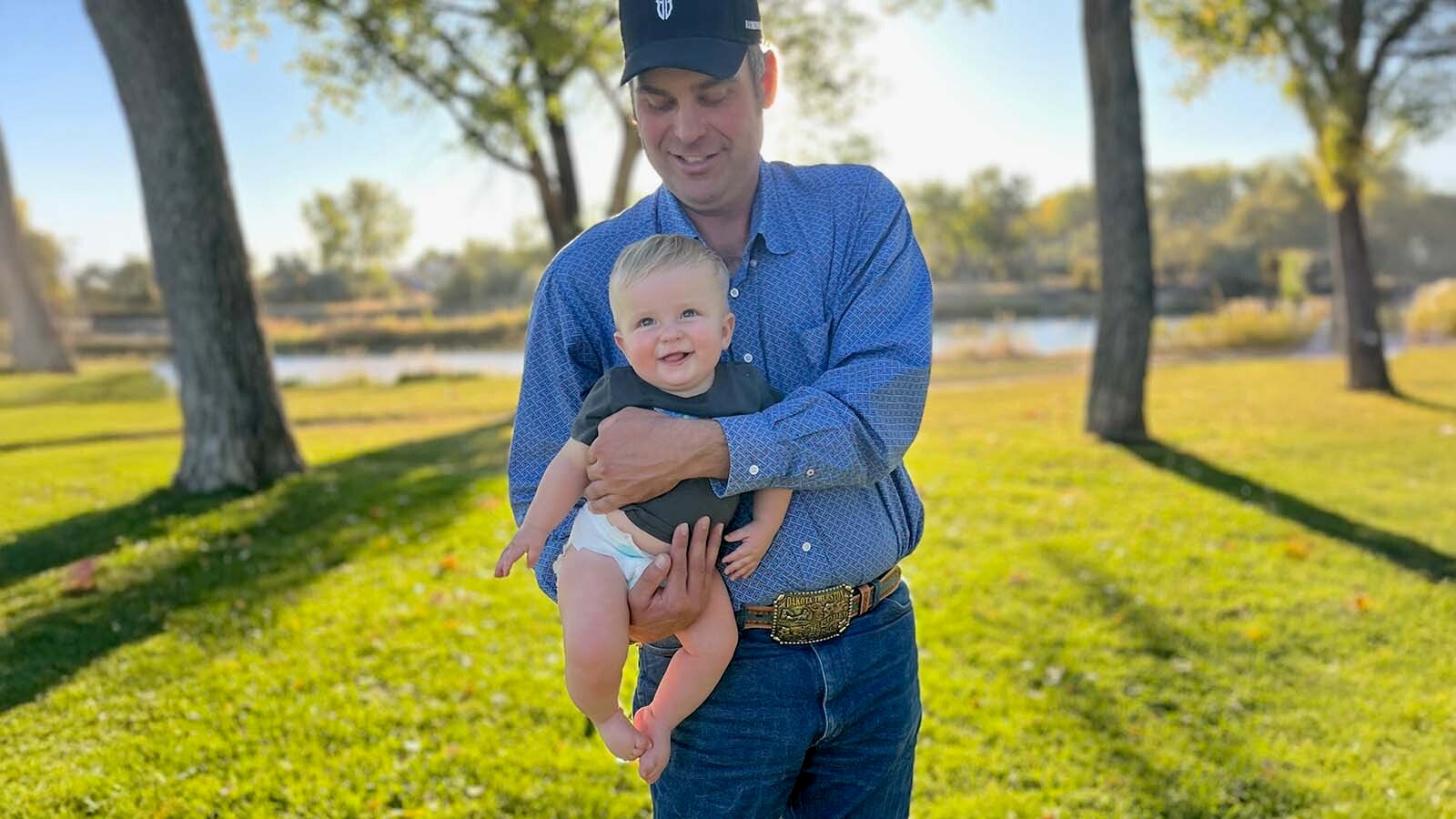The Albany County Sheriff’s Office is moving forward after a rough few years marred by an deputy fatally shooting a Laramie man and an erosion of public trust.
Now the office is nearly fully staffed at a time when other agencies are struggling to find personnel and looking forward under the leadership of newly elected Sheriff Aaron Appelhans.
The Democrat won a tight election Tuesday and said Albany County residents can count on full transparency from the sheriff’s office, mostly through the agency’s website and social media, Appelhans told Cowboy State Daily.
“We’re still going to keep building on that process (of transparency). We’re going to keep direct contact with the public,” he said.
That’s better than filtering information through the media, Appelhans said.
“The media kind of picks and choses what stories or which parts of stories to report,” he said.
A Rough Patch
The Albany County Sheriff’s Office has been under a microscope since 2018 following the fatal shooting of a Laramie resident named Robbie Ramirez by then-deputy Dereck Colling.
That was before Appelhans was part of the department. He was appointed in 2020 to replace the previous sheriff, Dave O’Malley, who retired under public pressure in the wake of the Ramirez shooting.
Since Applehans was appointed, there have been three deaths in the Albany County jail, which became a campaign issue leading up to Tuesday’s election.
Making History
Applehans also made history Tuesday as Wyoming’s first black elected sheriff.
He said he sees that as both an honor and an opportunity.
“It’s an honor and a privilege,” he said of the faith voters showed for him. “I’m really humbled and appreciate the support of the people of Albany County.”
Perhaps his election can be something positive for his county and Wyoming.
“I have the opportunity to be a good example for those who maybe didn’t have that opportunity, but who can now maybe follow in my footsteps,” he said.
No Problem Hiring As Others Struggle
Appelhans touted his office’s success in retaining deputies and hiring new ones during a time where other agencies around the state are struggling to keep and retain staff as an early indication that his tenure as sheriff will go well.
There are only two unfilled openings for the office’s 46 deputy slots, he said. That includes 23 patrol deputies and 23 jail deputies.
And those slots should be filled soon, Appelhans said. The sheriff’s office had 10 applicants for the two openings and is testing and interviewing finalists this month.
That, during a time when some other agencies, including the Wyoming Highway Patrol, are reporting staff shortages. The WHP is short 50 troopers.
Applehans credits his office’s success to three things.
“First, we’ve opened recruitment to absolutely everybody, and not just attracting one niche group,” he said. “We’ve also created an environment where people want to work.”
The third element has been offering better support to staff through training and supplying deputies with adequate equipment. The sheriff’s office also offers good employee mental health support services, compensation and benefits, Appelhans said.
Better Training To Handle Mental Health Calls
Better mental health services should extend to the public, Appelhans said. Toward that end, he plans to keep providing his deputies with mental health crisis training. That training will be standard for all staff and not a specialized training for only a few deputies, he said.
Mental health emergencies are one of the most common calls the sheriff’s office receives, Appelhans said.
Much of the criticism in the wake of Ramirez shooting was based in widespread public perception that Ramirez had been suffering from mental illness and Colling could have done more to de-escalate the situation.





